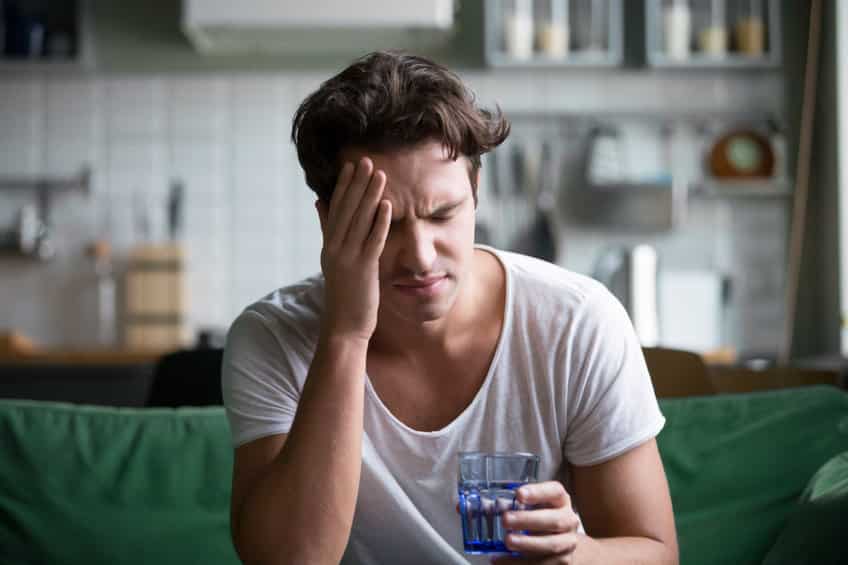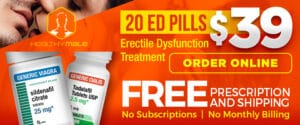Sean Zucker –
Everyone is familiar with the strategy—just got home from a long night at the bar and figure chugging a few glasses of water before sleep will help keep tomorrow’s hangover at bay. Unfortunately, this popular approach bears few results. Researchers confirm, it’s fool’s gold.
The heartbreaking revelation comes curtesy of Utrecht University in the Netherlands. Originally presented at the 2015 European College of Neuropsychopharmacology (ECNP) conference in Amsterdam, the study investigated whether consuming food or water after drinking large amounts of alcohol have any impact on hangovers.
The team of international researchers from the Netherlands and Canada focused on a demographic most likely willing to overindulge in the devil’s juice—college students. More than 800 of them were initially surveyed on how they attempted to relieve hangover symptoms before putting their cures to the test.
Among the 826 Dutch students, 54 percent ate food after drinking alcohol, including fatty food and heavy breakfasts, in hopes of staving off a hangover. Similarly, more than two-thirds drank water at the same time they consumed alcohol and more than half drank water afterwards but before going to bed. However, neither food nor water was found to have any substantial positive effects.
While the groups who drank water or ate food before passing out reported feeling slightly better than those who did nothing, there was no real difference in the severity of hangovers for either group.
Of course, there were some who claimed to not have a hangover at all. However, upon further investigation, the researchers determined these individuals didn’t consume enough alcohol to warrant a hangover.
Okay, so what’s the key then? How does one go about avoiding waking feeling sick? Apparently, drinking less is the only surefire solution.
“The more you drink, the more likely you are to get a hangover” said Dr. Joris Verster, lead author on the study. “Drinking water may help against thirst and a dry mouth, but it will not take away the misery, the headache and the nausea.”
Dr. Verster elaborated that scientists still lack a proper understanding of what contributes to, and therefor alters, a hangover beyond the amount of alcohol consumed.
“Research has concluded that it’s not simply dehydration—we know the immune system is involved, but before we know what causes it, it’s very unlikely we’ll find an effective cure,” he said.
Now, hypothetically, if someone didn’t want to cut back on how much they drink in a night there are a few tools and tricks beyond water that have proved helpful for some.
For starters, don’t drink on an empty stomach. “When you drink alcohol on an empty stomach, it just passes the alcohol right to your intestines and then it’s absorbed into the bloodstream very quickly,” Robert Swift, MD, associate director of the Brown University Center for Alcohol and Addiction Studies, recently explained to Cosmopolitan.
The magazine also noted that working out prior to a night out and avoiding sugar can help better position to body to confront the inflammation that causes a hangover. Additionally, sticking to clear liquors, like vodka and gin, that feature less congeners, which are compounds that have been linked to handovers, is a proactive move. Organic wines are another good choice because they lack headache inducing preservatives and pesticides.
Finally, don’t start slamming shots. The goal should be to choose beverages with low ABV, or alcohol by volume. This is because higher volumes of alcohol are directly linked to more severe hangover symptoms. Therefore, enjoying a beer, glass of wine or cocktail is generally the safer avenue, as it’ll lead to the alcohol being consumed at a less intense speed.
Obviously, the only way to guarantee waking up hangover free is to avoid alcohol altogether. But where’s the fun in that?











